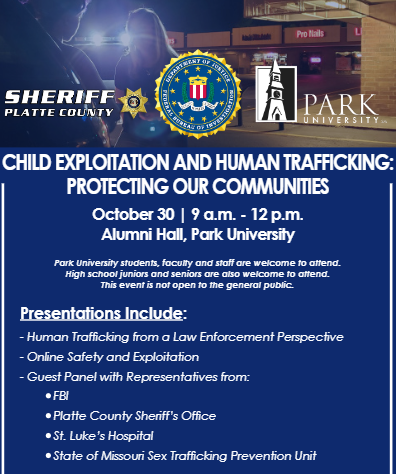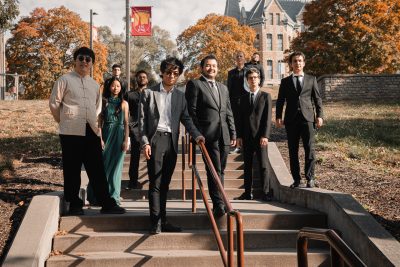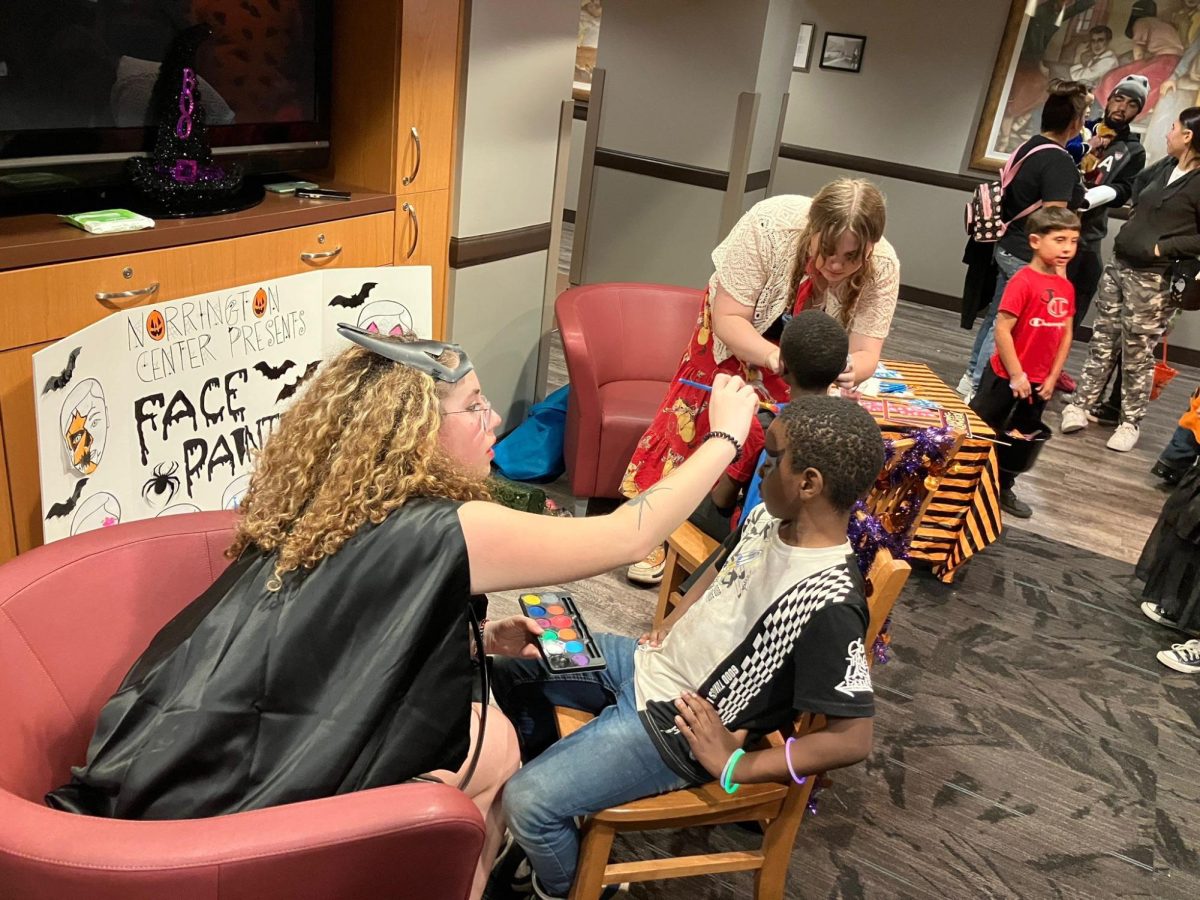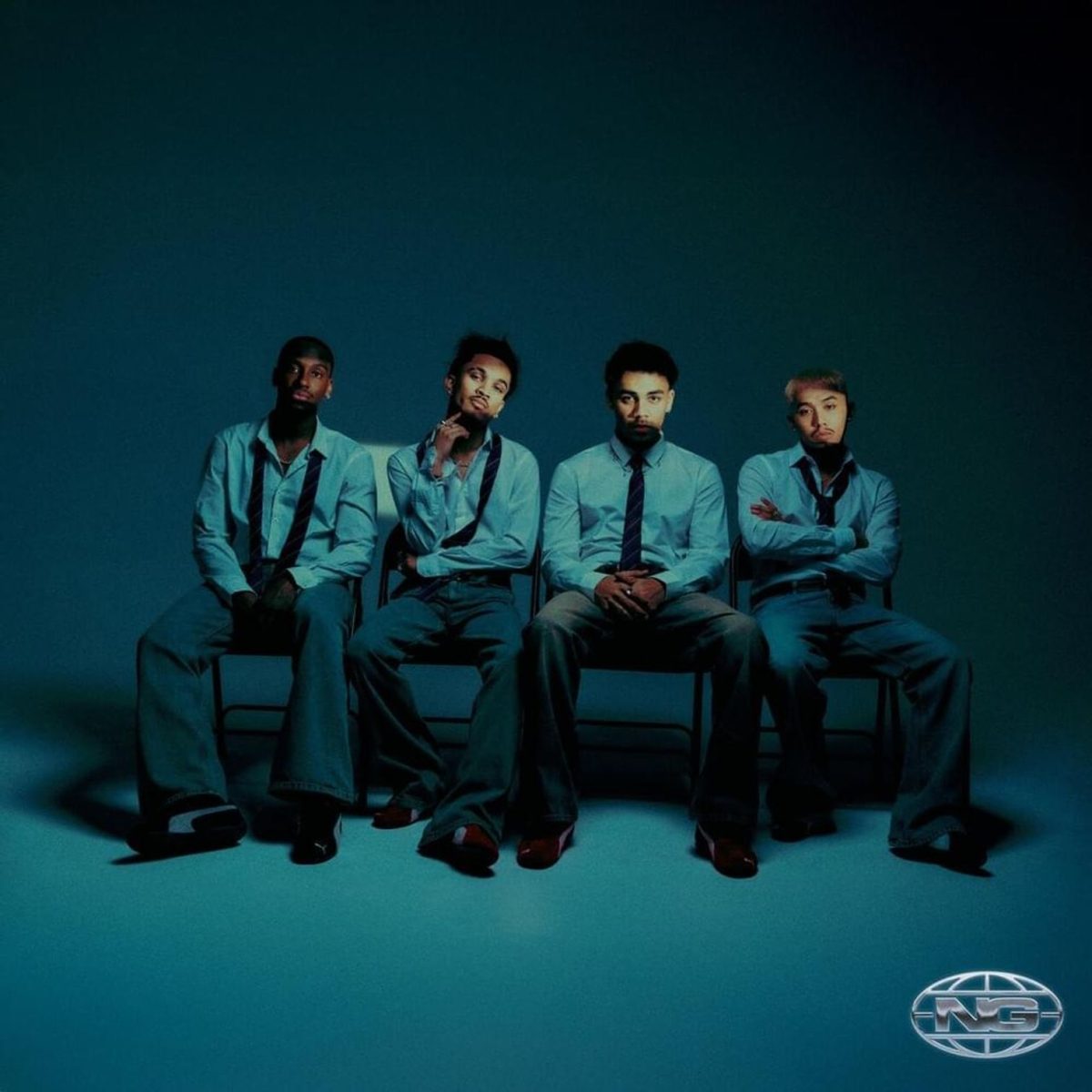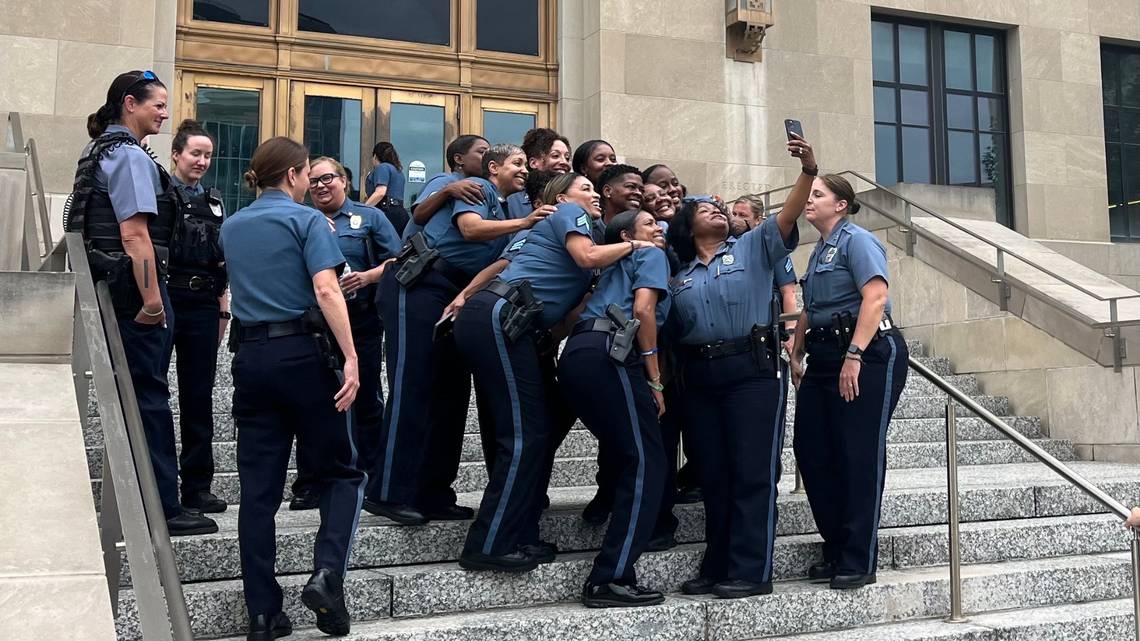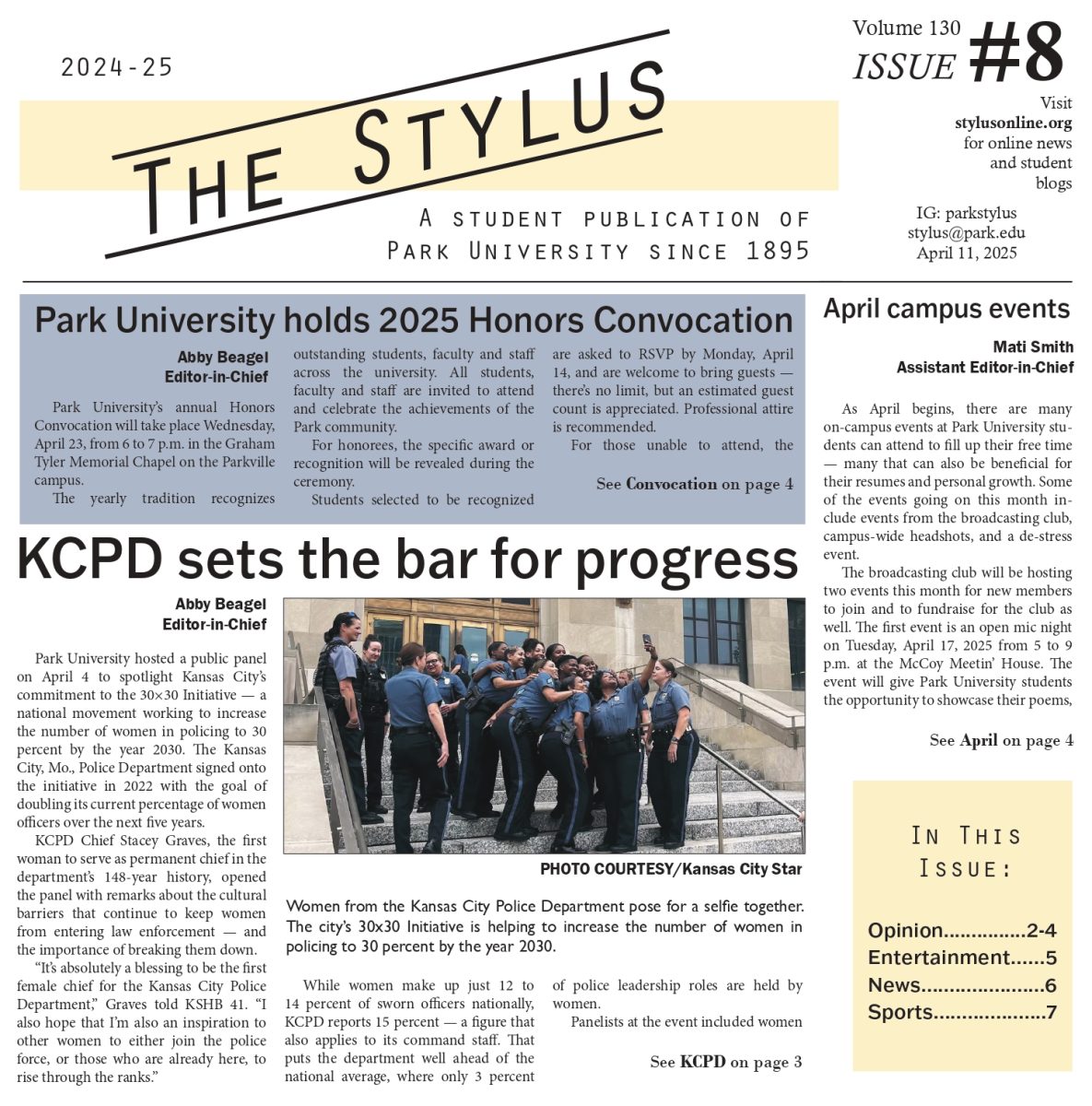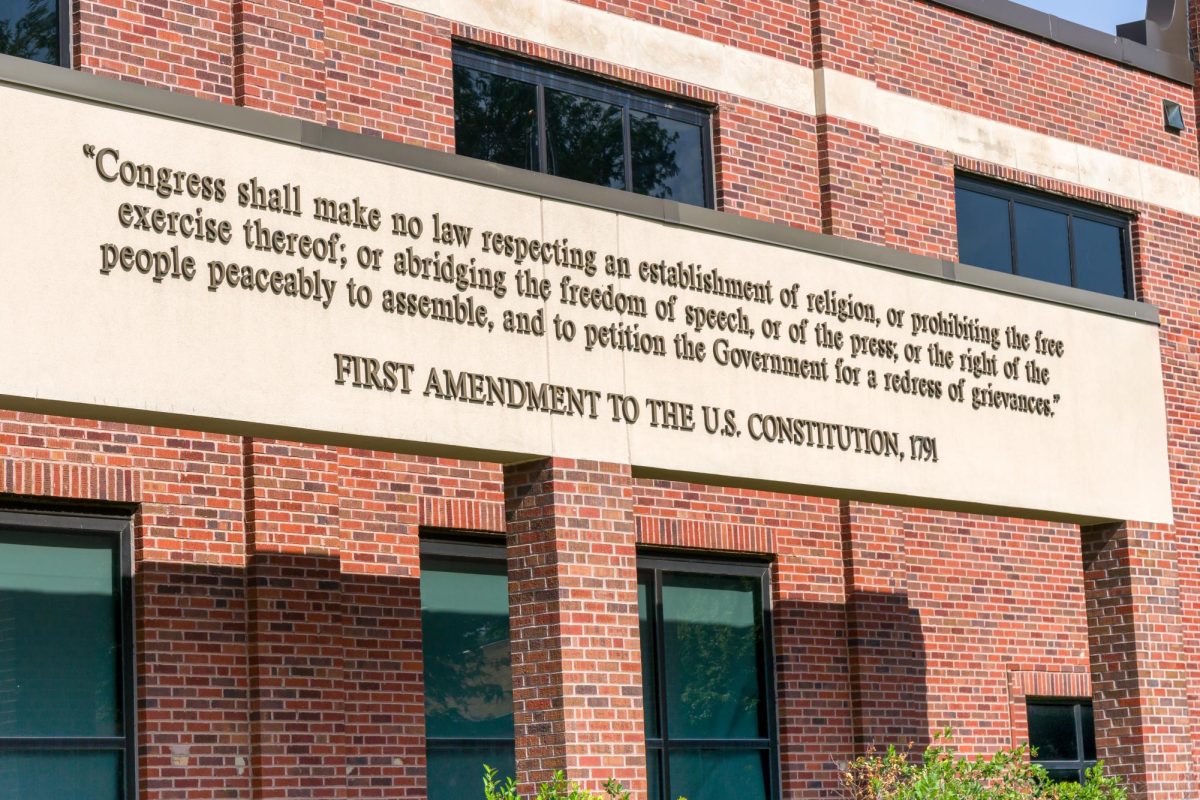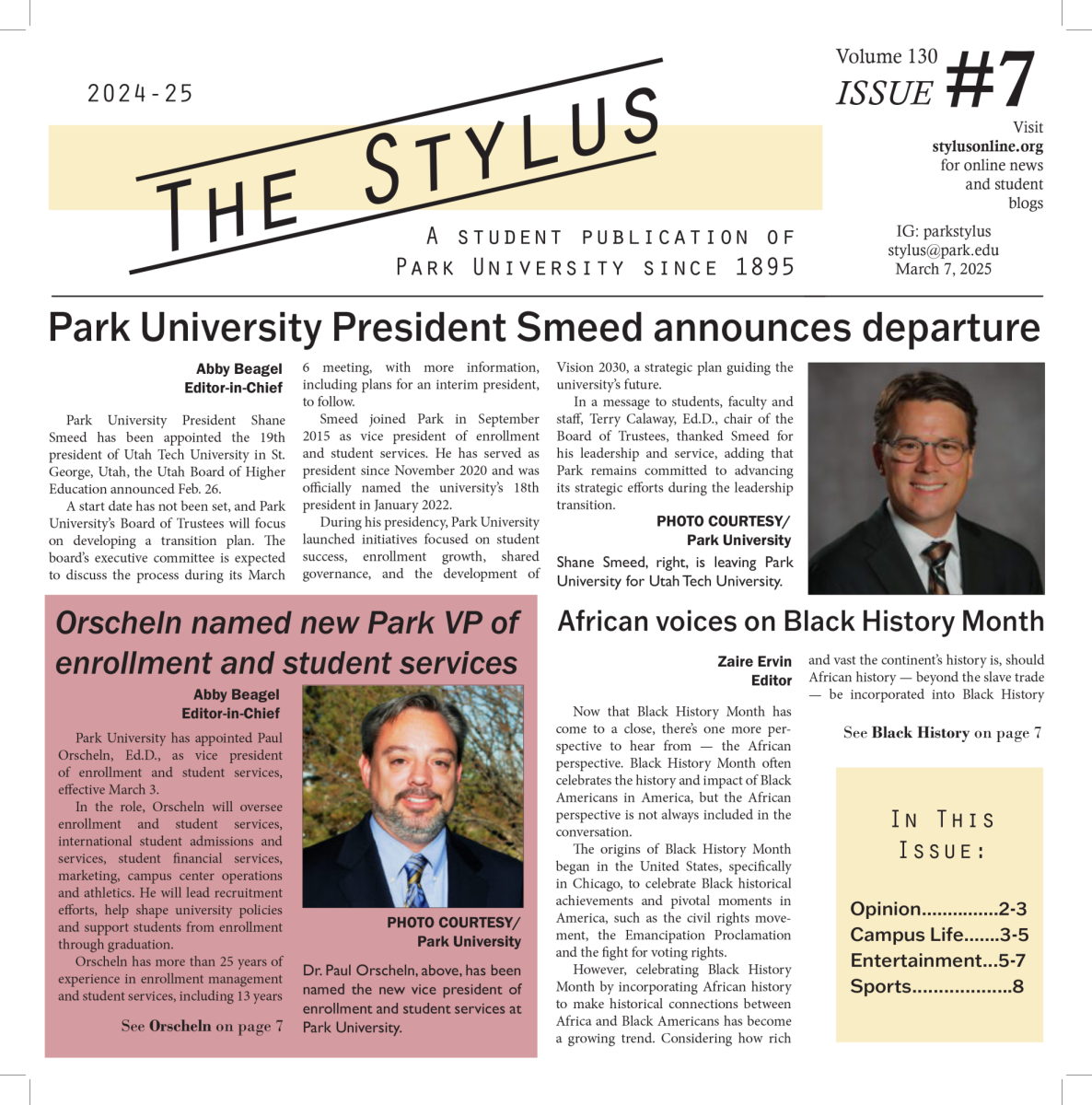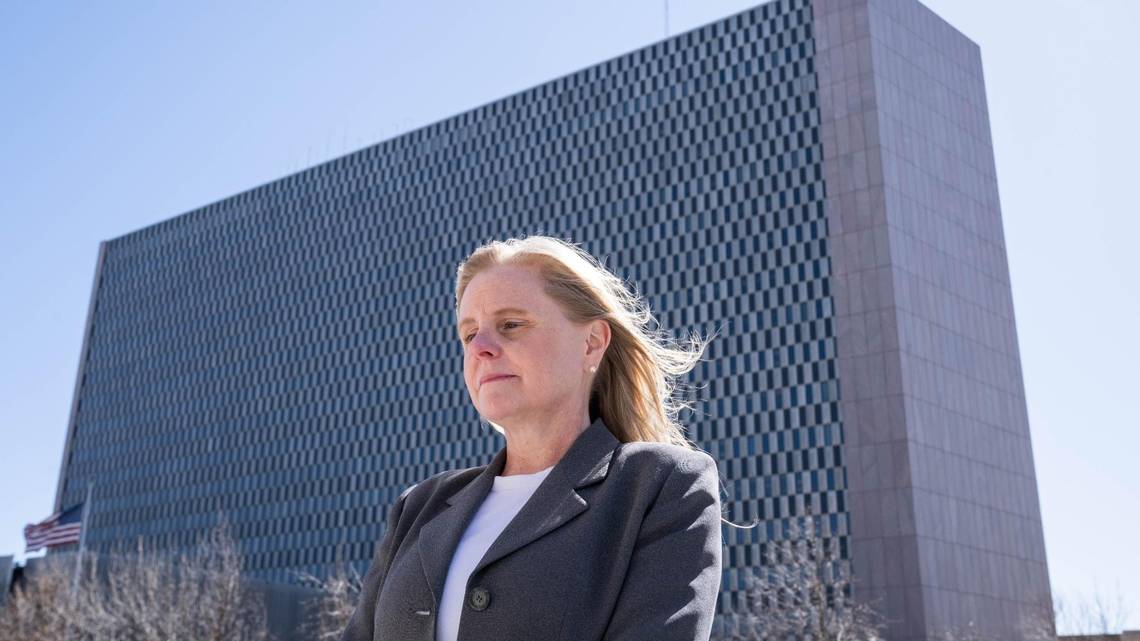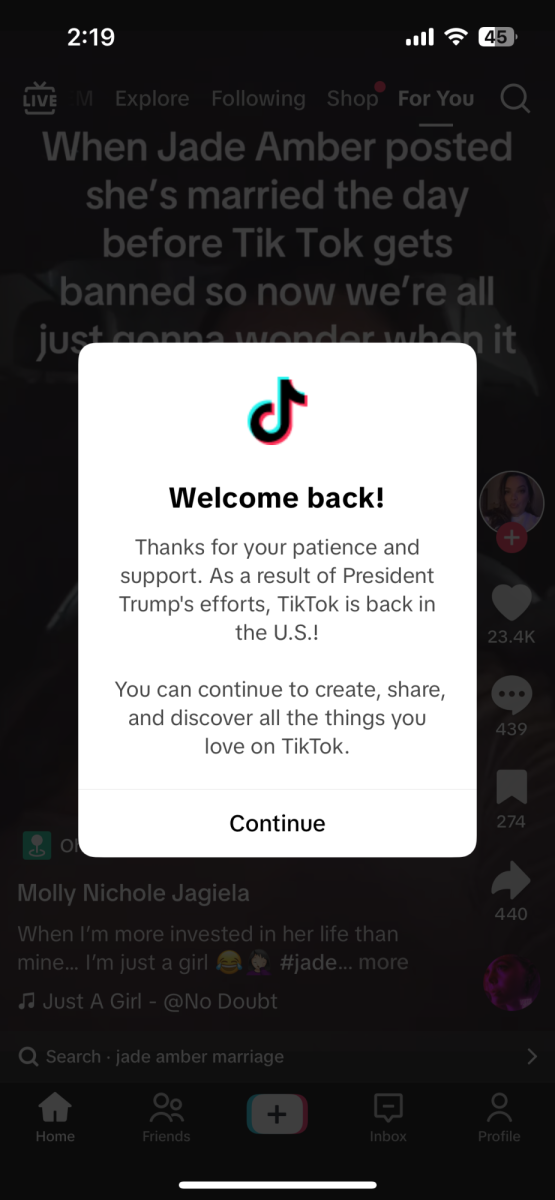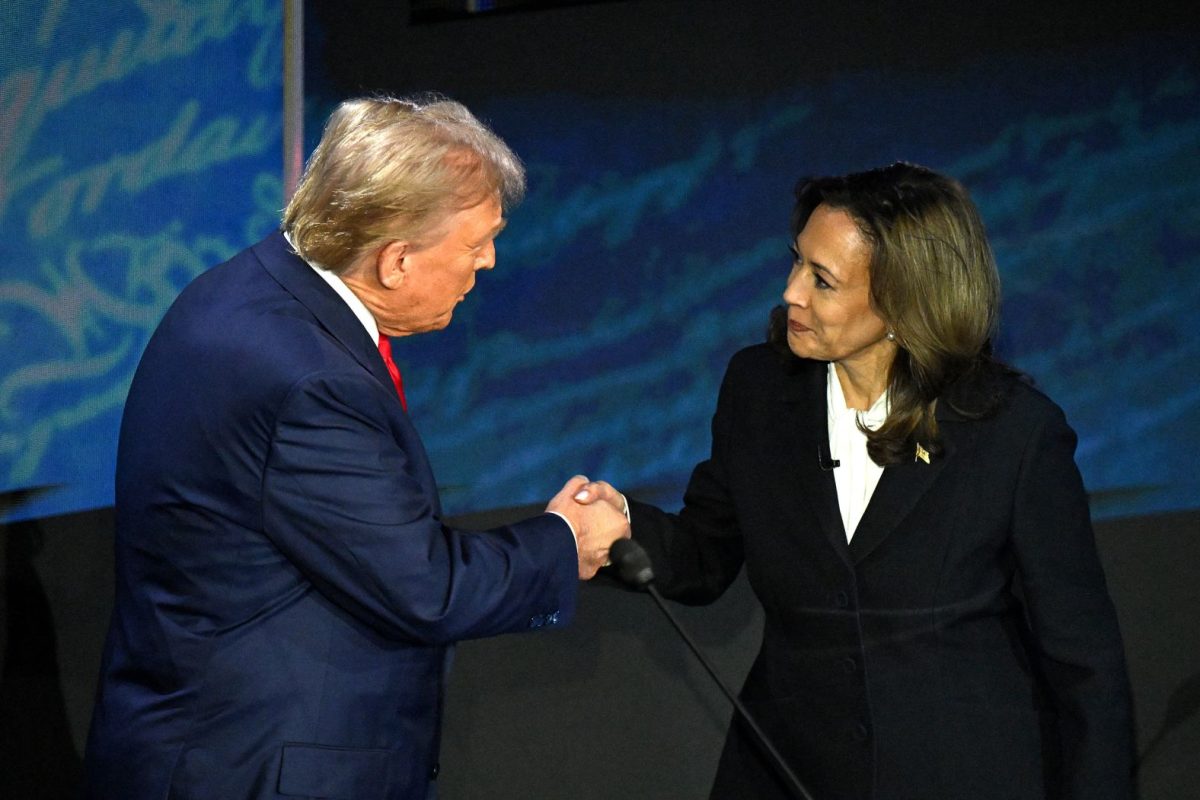For many first-time voters, the 2024 presidential election was an important milestone—a chance to have a say in the direction of the country. Voting felt empowering and gave young people an opportunity to weigh in on the issues we care deeply about. With Donald Trump declared the winner, some voters are disappointed, while others feel optimistic. Either way, this election has made many realize just how important their voices can be in shaping the future.
Following the election, many Americans seem to be re-evaluating what they voted for, with Google searches like “Can I change my vote?” and “What is a tariff?” seeing dramatic increases. In fact, searches for “Trump’s tariff plan” spiked by over 1650 percent following the election, with questions like “Who pays tariffs?” jumping 350 percent according to Google Trends. This rush to understand Trump’s policies, especially around tariffs and trade, shows the complex realities that are only now sinking in for some voters.
Grant, a senior from Staley High School, had been excited to vote for the first time. “I just turned 18 last month, so I’m really glad I can finally vote,” he said. “It feels good to know I actually have a say in stuff that affects all of us.” For many young voters who were too young to vote in 2020, this year felt like the first real chance to make an impact on the future.
Azure, a senior at Park University, also cast her first presidential ballot this year. “I’ve waited a long time to feel like my vote counts,” she explained. “It felt like a chance to finally be heard. And while I’m happy with a lot of the Amendments that were passed, I just hope we can keep these important issues on the national agenda—regardless of who’s in office.”
Young voters like Grant and Azure care deeply about issues affecting their generation, from climate change to economic challenges like inflation and rising housing costs. “Climate change is a big deal since it’s only going to get worse as we get older,” Grant noted. Azure added that financial pressures like housing costs, student debt, and big concerns around women’s rights weigh heavily on her mind. “It’s hard to stay hopeful when it feels like our generation’s issues face so much resistance,” she said.
Voting for the first time had its own challenges, especially with so much conflicting information out there. “It’s hard to know where to start with all the info out there,” Grant admitted. Both he and Azure noted that while social media is a go-to for staying informed, it’s often difficult to tell fact from opinion, which makes finding reliable information a struggle for young voters. Researching the issues that mattered most took effort, and first-time voters quickly realized how complex the process can be.
Even though the election outcome wasn’t what everyone wanted, the experience of voting has motivated many young people to stay engaged in politics. “This election has shown me how much it matters to keep paying attention,” Azure reflected. “Even if things didn’t go the way I hoped, I want to keep up with what’s going on.” Grant shared a similar feeling, saying that he’s aware of how important it is to stay informed.
For many first-time voters, casting a ballot this year marked a meaningful step into citizenship— a chance to exercise their voice and contribute to the country’s future. While mixed emotions linger after the results, young people are walking away with a renewed sense of responsibility to stay engaged, make a difference, and advocate for the issues that matter most.



